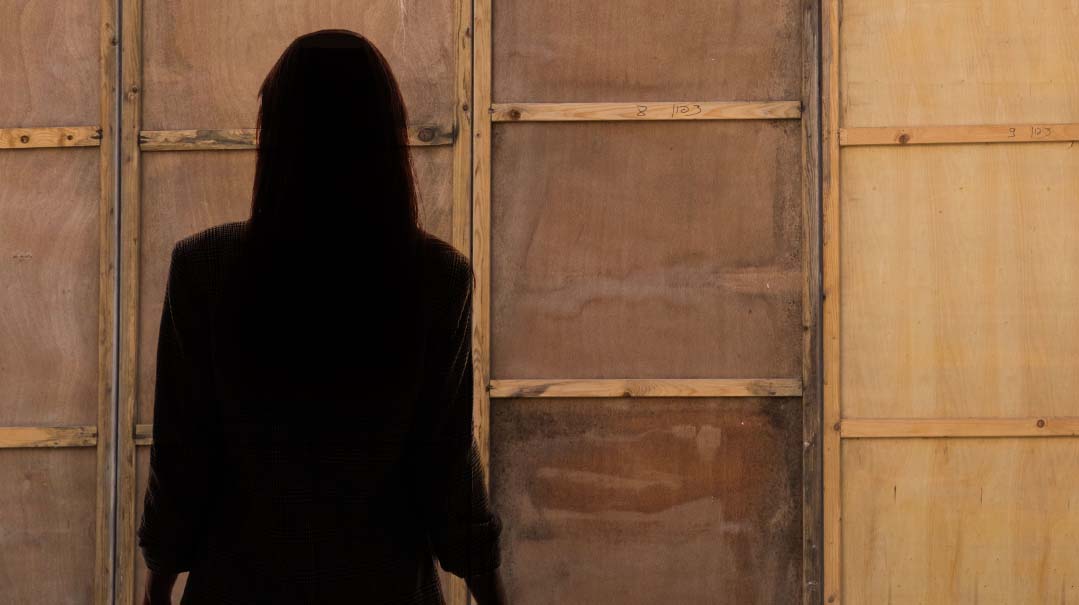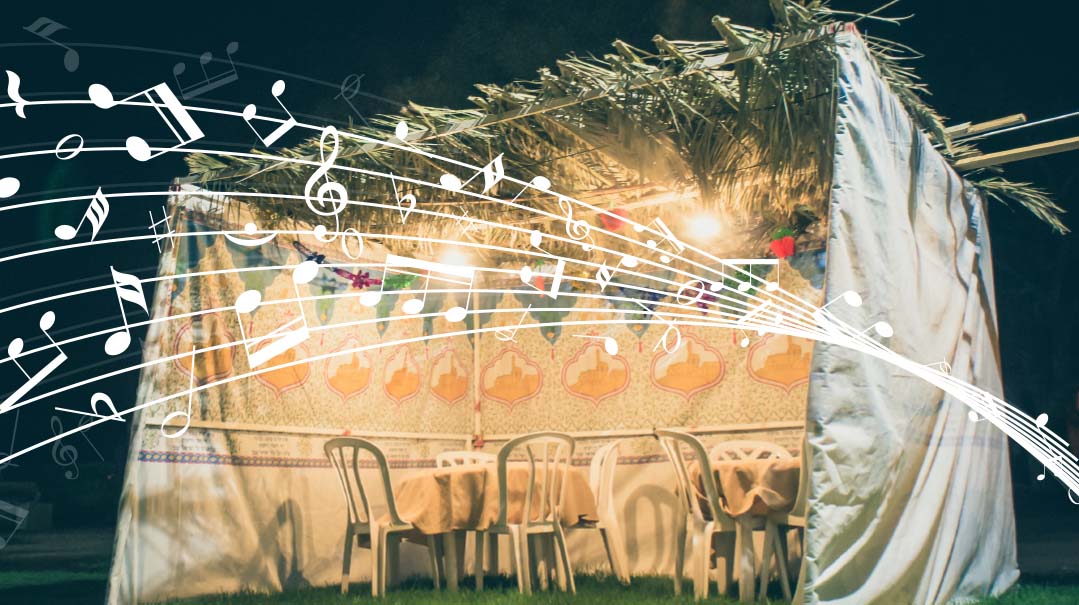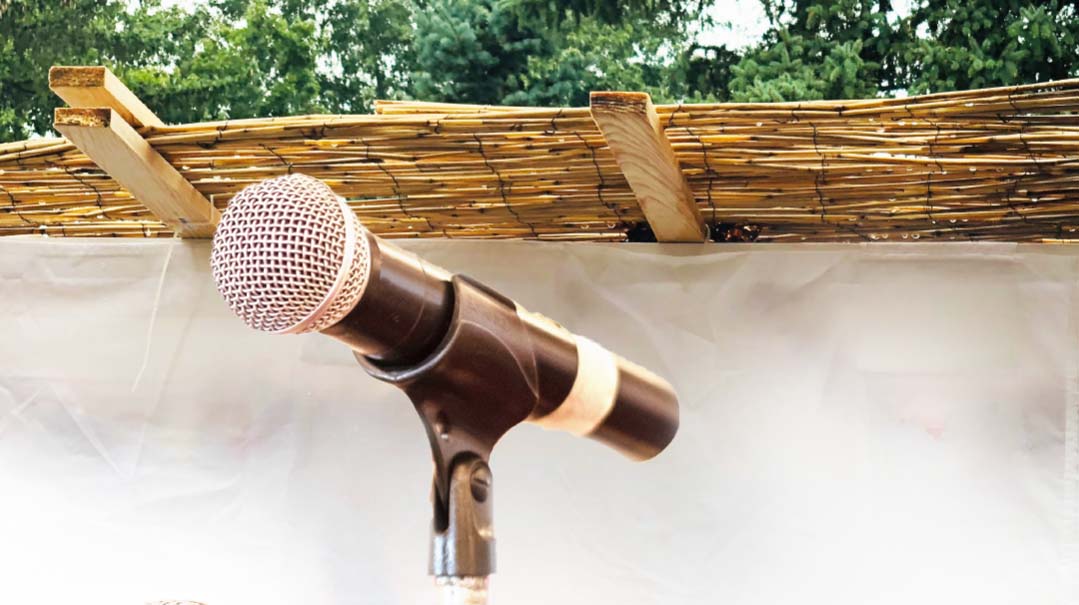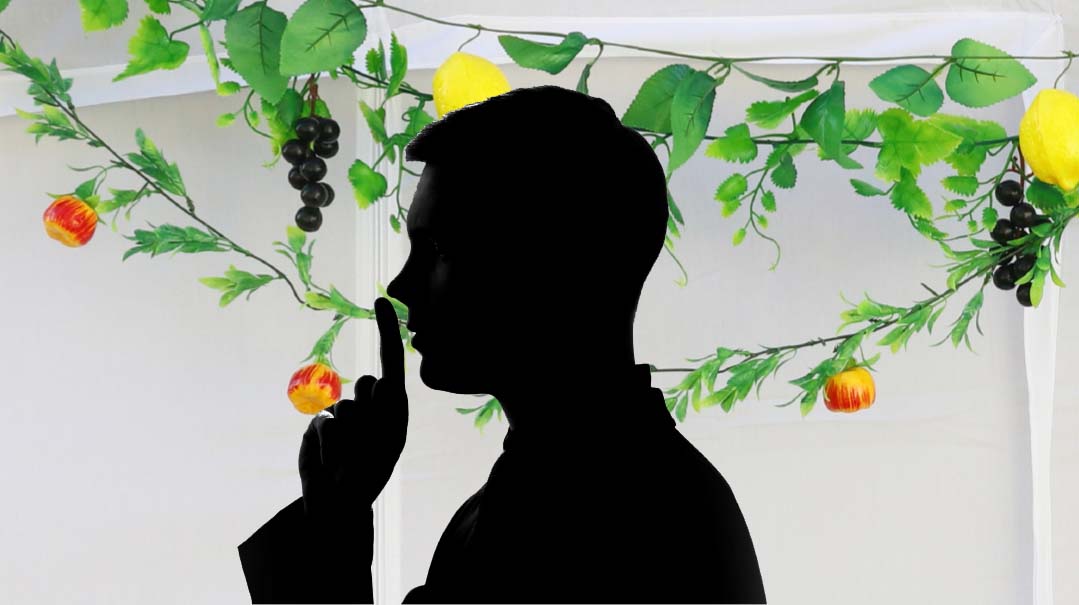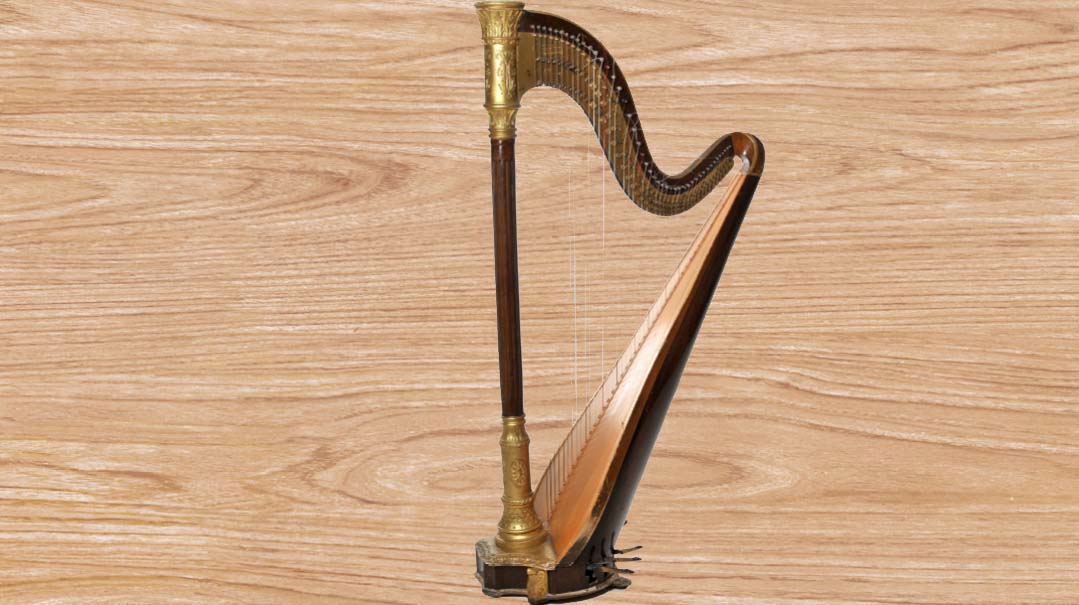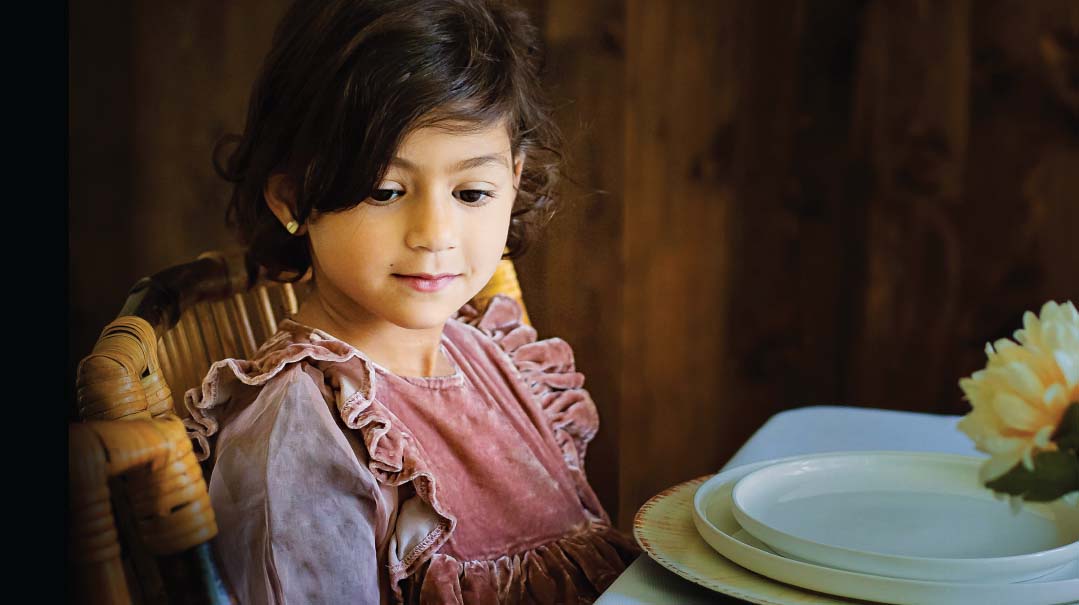The Royalty Within

Do we ever fully appreciate the immigrant experience of so many who have come before us?
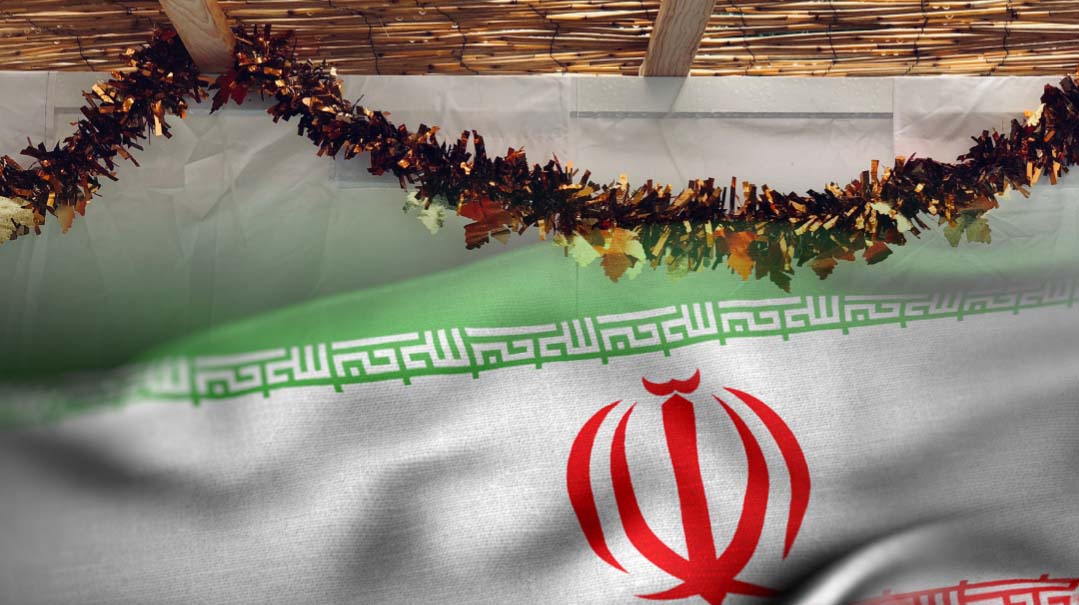
More than 40 years ago, when Ayatollah Khomeini came to power, over a thousand Jewish children were sent out of Iran. Alone. Sent to a strange land by parents who hoped for their safety and survival, but had no guarantees of either.
Once these rescue flights arrived on the American shore, any yeshivah that had dormitories took some of the boys.
The girls were another story. Cleveland took ten girls, and we were asked to host some of them. I still remember exactly how I felt when we said “Yes,” so please don’t pass out any gold stars. I did this for selfish reasons: I wanted someone to take in my children if I was ever in that situation. And that’s how Anhira and Farah, ages 19 and 20, landed at our house.
Anhira’s brother was one of the group of young boys to whom Telshe Yeshivah in Wickliffe had opened their doors. Farah had traveled with her sister, who was placed with another family.
The girls were originally from Tehran. In American terms, that’s midtown Manhattan. Arriving at the airport in Cleveland, Ohio, must have felt like the boondocks. Cleveland Heights? Think rural country, where they roll up the sidewalks at 7 p.m. — on a busy night.
Living on a continent where they had no relatives or friends meant no calls to ask how they were doing or what they needed. Living with us meant they stayed with us — through Shabbosim, Yamim Tovim, dates, vacations, and life cycle events. Living with us meant making decisions, both good and bad, and never being sure until days, weeks, months, or even years later, if these judgments had been sound. And as much as we wanted to help them, we, too, were unsure. It was the blind leading the blind.
Their only (censored) communication with family was via airmail letters that they sent religiously and received very sporadically.
Farah and Anhira had interrupted precious schooling, family life, and more importantly, the social interactions that would help determine who and what they’d be and do in life. Routines and schedules would never be the same. Becoming part of a separate and self-contained class in Yavne Seminary and learning English as a second language at Cuyahoga Community College isn’t quite the same as attending the University of Iran and studying law.
It took a village to help us navigate the maze of paperwork and human emotions. It became our responsibility to help guide these young ladies with education, peer acceptance, and — most important — helping them choose sweaters that matched their lipstick. (It was, after all, the late ’70s…)
We tried our best to incorporate some of their customs into our home to help make them feel like they were part of the family. We flogged each other with scallions at the Seder, and when we heard the beautiful phrase, “May G-d accept your fast” after Yom Kippur, we said it to each other, and do it to this day, after every fast.
Even after they moved on, when she married a few years later, Farah asked us to accompany her to her chuppah. It was a moment I’ll never forget. By that time her parents had been allowed to emigrate to Israel, leaving with all of their worldly possessions condensed into one suitcase. Farah’s mother came to America for the wedding and the two of us escorted her to the chuppah; the groom was escorted by his Iranian rabbi and my husband.
We were among the few American outsiders attending this all-Iranian wedding and it was now my turn to be a “stranger in a strange land” surrounded by the sights and sounds of this beautiful, though very different, wedding experience. I watched with a broad smile, while all around was the euphoric “le — yalell” ululation that still rings in my ears.
Fast-forward a decade or three, and our grandson and Farah’s son were chavrusas together in yeshivah. To this day, when I light my Shabbos candles and pray for my children, I mention each of their names as well as their children’s names.
Looking back, I cannot imagine how difficult it must have been for all these young people — bereft of family, with limited language, and significant cultural differences.
Is that how our ancestor Yosef felt — alone and abandoned? — suddenly transported to a different country under painful and trying circumstances?
We think of Yosef as the prime minister — as the one who became the pride of his nation. I wonder if he felt that way.
Do we ever fully appreciate the immigrant experience of so many who have come before us? I’m humbled by those who have shown me, through their courage and strength, exactly what it means to live by the principles with which you were raised (starting with my own European parents). There is resilience born of experience, and the determination to stand tall for who and what you are.
And so each year, when we welcome Yosef into our succah, I’m reminded of those whose circumstance forced them to discover the royalty within themselves. Can I do the same?
(Originally featured in Family First, Issue 760)
Oops! We could not locate your form.

